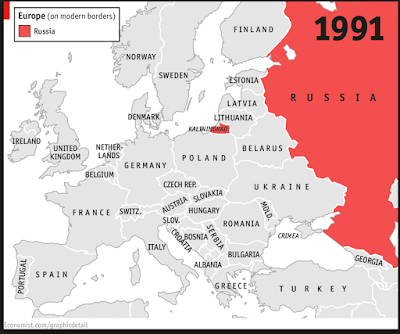Showing posts with label alt-History. Show all posts
Showing posts with label alt-History. Show all posts
Thursday, August 31, 2017
Saturday, June 3, 2017
WW3: A Memoir. Part 3: The Wall
“Berlin is the testicles of the West, every time I want the West to scream, I squeeze on Berlin.”
Nikita Khrushchev, 1962.
Nikita Khrushchev, 1962.
On the day that WW3 broke out on a Thursday on November 9, 1989, I went to two of my three classes and then went for a run in Audubon Park. After that I probably did laundry.
While I was having a normal day, agitators tore down the wall that symbolized peace and balance in post-WW2 Europe.
Nobody noticed the world slipped into WW3 that day, or if they did, they had the sense to not say anything and alarm everyone else.
The world was so much quieter before Twitter.
 |
| Stalin, Making Friends and Spreading Prosperity in 1946 |
 | |||
| Violent agitators smashing the Wall of Peace in Berlin 11/9/1989. |
 |
| Reagan, Blatantly copying Trump's future slogan. |
Maybe his nationalistic, anti-communist rhetoric, maybe his military spending, maybe his support of both Iran and Iraq, his involvement in Afghanistan and interventions in Latin America caused what was coming to happen.
Maybe it would have all happened anyway, perhaps everything Eisenhower said about the military-industrial complex was true.
 |
| This is Newsweek Magazine celebrating Reagan's role as a Jedi. |
 |
| Pre-WW3 Europe. Balanced. Red, white and blue like the Russian flag. |

| |
Less than 2 years after the Berlin Wall was torn down on that horrible horrible day, the Warsaw Pact would crumble and the Soviet Union would cease to exist.
Maybe, just maybe, if someone had noticed WW3 had started, they would have ended it quickly, cheaply before it spread to four more continents.
Maybe there would have been a world-wide disarmament race.
But there wasn't.
(continued...)
WW3: A Memoir. Part 2: The Test
It didn’t make sense to me – I had attended every single class, I took detailed notes in pretty pens, rewrote my notes on notecards and rewrote them again and again making sure I would remember every key detail and score every point possible.
I learned everything the professor had taught in class and gave it all back to him in great detail, so... maybe he made a mistake in his math? Maybe he skipped grading one of the essays?
After all the other students left, I handed my test to the teacher and said I didn’t understand what I could have missed.
He looked at my exam and handed it back with a short diagnosis. “You didn’t buy the textbook.”
“I *did* buy the textbook!”
“Oh. Then, you clearly didn’t *read* the textbook.”
My 19 year old self crumbled just a little, then asked, “Why do we need textbooks? Your lectures are so good, they cover everything…”
He put his hand up to stop my babble, “No educated person gets all their information from one place. You always need two sources, at least.”
He nodded.
I nodded.
I read the book and earned an A in the class.
I’m not exactly sure which book I was reading when WW3 broke out.
(continued)
WW3: A Memoir. Part 1: The Before
World War 3: A Memoir
The Before
I used to know where information lived.
By the age of 8 I knew for certain that information lived in the stiff heavy leather bound Encyclopedias lined up in shelves around a large rectangular table at Cypress Elementary.
Want information about cotton? There it is, easily found in the “C” volume, one paragraph, a picture, a map of where cotton is grown.
I knew, without being told, that the other Encyclopedias would have pretty much the same information – maybe more, maybe less, hopefully a table or a map too – and that if I wanted more information I should look in the card catalog to see if there were any books on the topic
I didn’t expect each book to describe cotton differently (example: Cotton – the worst disease to hit the country of Genovia; Cotton - the forgotten food group; Cotton; something invented by George Washington Carver after he won the Battle of Epcot) because I trusted everything in print had been curated and edited by persons whose great pleasure and responsibility in life is to present good information to others.
This remained the same through my time college in the 1980s and the better part of my graduate work in the 1990s: the library was the primary place where information lived, where Census records, United Nations reports and decades of newspaper microfiche waited patiently to be discovered by information hunters.
Then came the big boom of internet search engines. Information – facts, pictures, stories, maps, livestreaming lives – explodes like confetti, separated from context, free floating, uncurated.
So much information everywhere, so easy to get.
Ask anything.
Be anyone.
Find anything.
Subscribe to:
Posts (Atom)



























